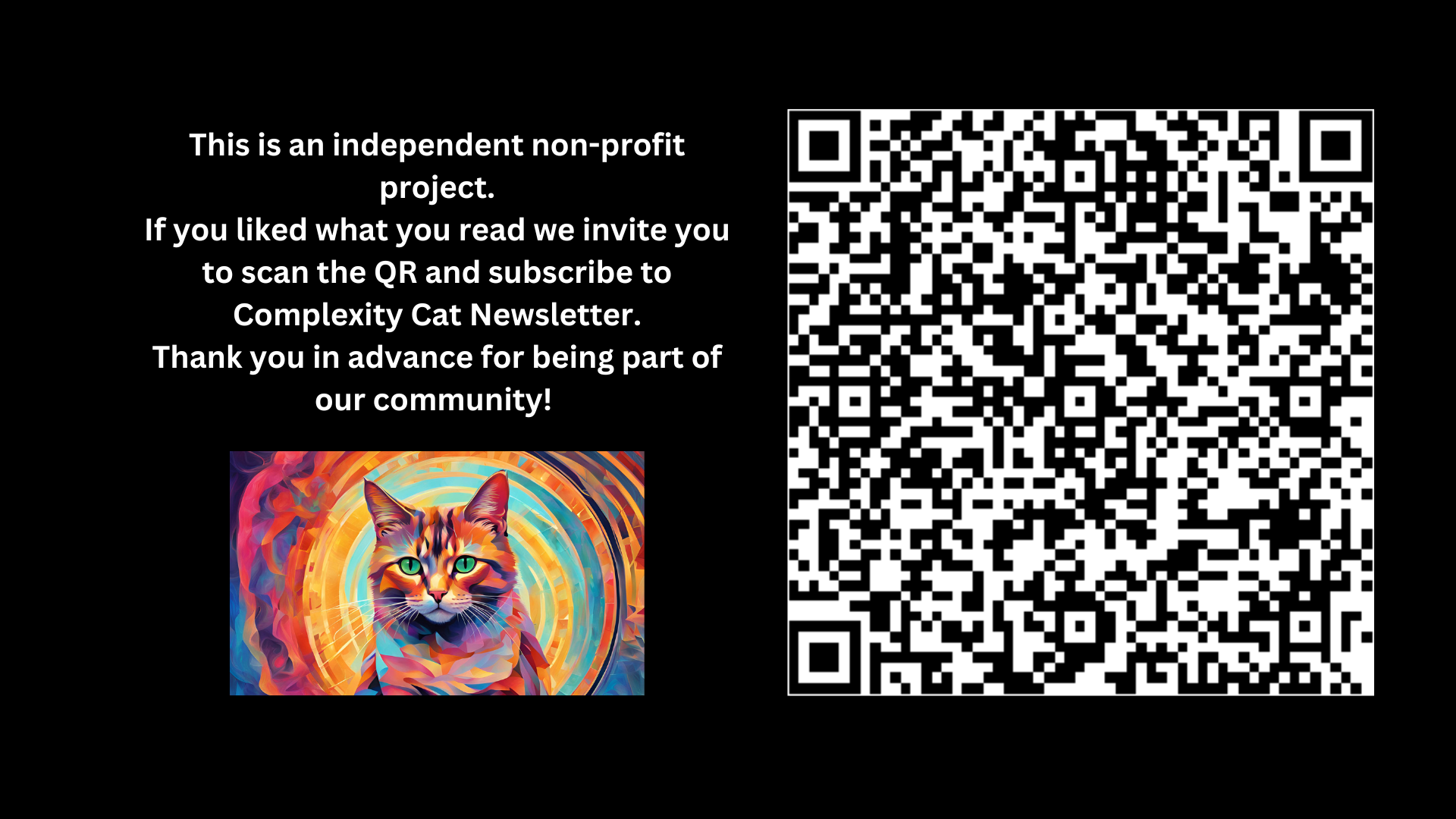Neuro for AI & AI for Neuro: Towards Multi-Modal Natural Intelligence
By uniting neuroscience insights with scalable AI tools, the workshop aims to bridge theory, experiment, and application—fostering cross-pollination where AI researchers gain biologically grounded inductive biases, and neuroscientists leverage modern computational frameworks to advance discovery.
Overview
This workshop will bring together researchers in artificial intelligence, computational neuroscience, and neuromorphic engineering to advance multimodal natural intelligence through a two-way exchange between biology and machine learning.
On the “Neuro → AI” front, we will explore how principles of cortical microcircuitry—such as inhibitory-excitatory balance, sparse coding, dendritic nonlinearities, and structured connectivity—can inspire efficient and robust multimodal architectures. Sessions will highlight how biologically grounded features derived from large-scale cell-type and connectivity datasets can inform transformer and graph-based models, enhancing their learning performance and energy efficiency.
Conversely, the “AI → Neuro” theme will showcase how advanced machine-learning techniques are driving new insights into brain function and dysfunction. Presentations and demos will feature AI-driven analysis of calcium imaging, electrophysiological, and behavioral data, as well as gradient-based training of biophysically realistic models. Topics will include how unsupervised representation learning and causal-inference frameworks can reveal latent circuit motifs, guide closed-loop experiments, and accelerate discovery in both basic and translational neuroscience.
Research Focus Areas
- Neuro for AI: Brain-inspired Algorithms
- AI for Neuro: Foundation Models for Neuroscience
- Neuro for AI: Neuromorphic Engineering
- AI for Neuro: AI Models for Multimodal Data Analysis
Call for Papers
We invite submissions (authors’ identiy anonymized for double-blind review) of full papers or abstracts that describe new research, work in progress, or position statements on relevant topics. The full paper submissions should be 8 pages maximum, excluding references, and the abstract submissions should be 2 pages maximum, excluding references, in the AAAI two-column format .
Registration Information
Register by November 16, 2025 to secure discounted rates. Regular registration closes on December 14, 2025.
Important Dates
- Paper Submission: October 30, 2025
- Notifications: November 15, 2025
- Early Registration: November 16, 2025
- Standard Registration: December 14, 2025
- Late Registration: After December 14, 2025
Source and more details: https://neuroai-multimodal-workshop.github.io/
